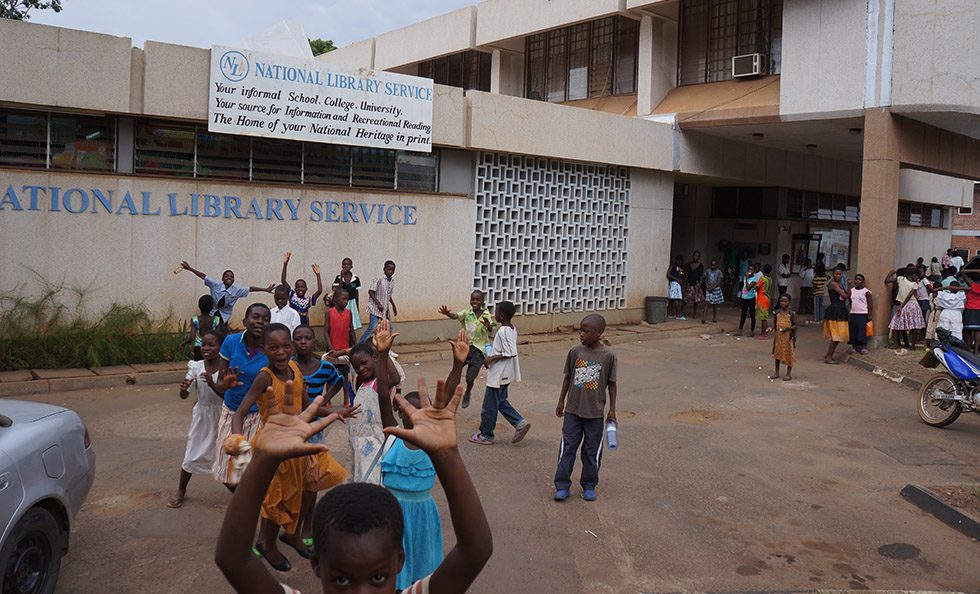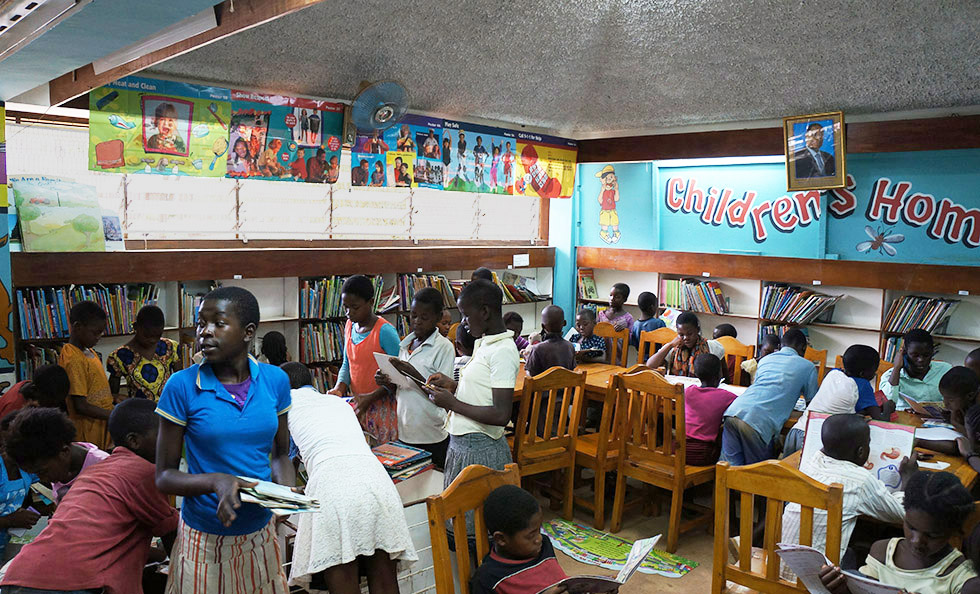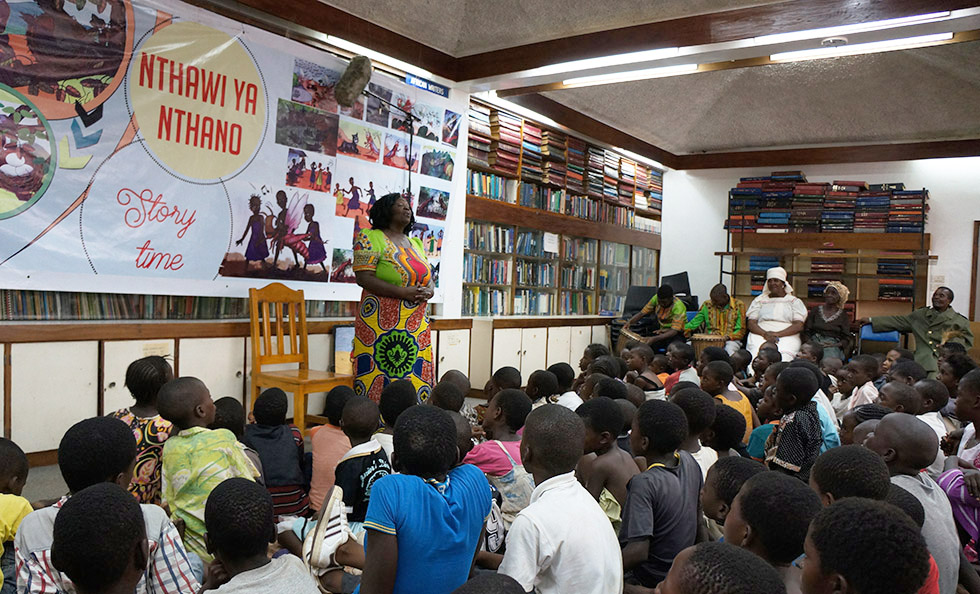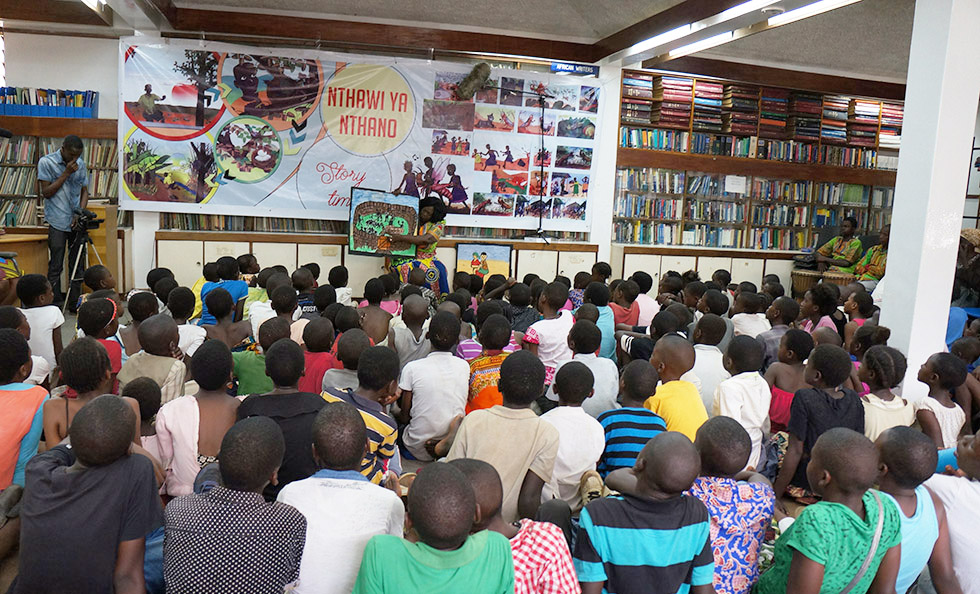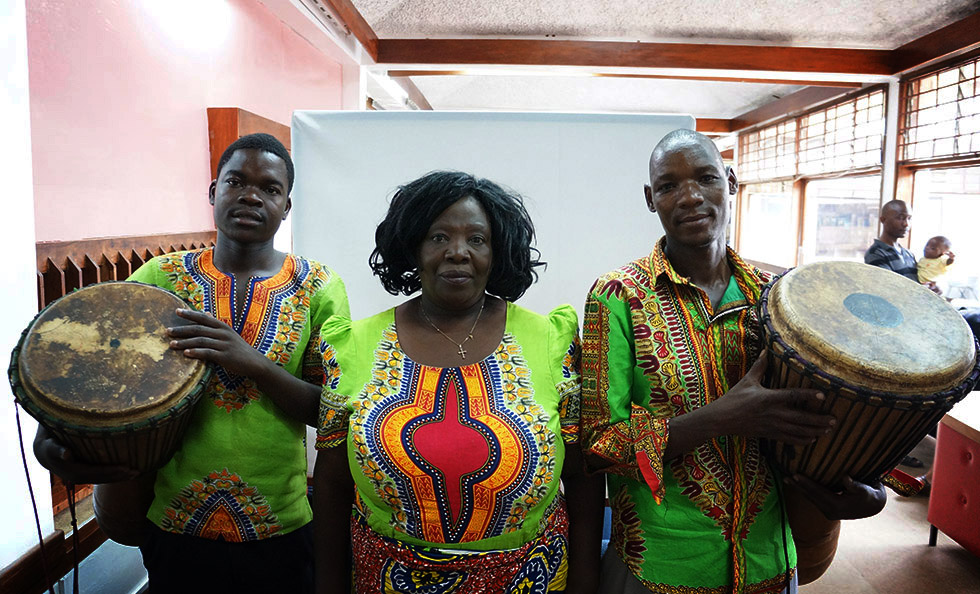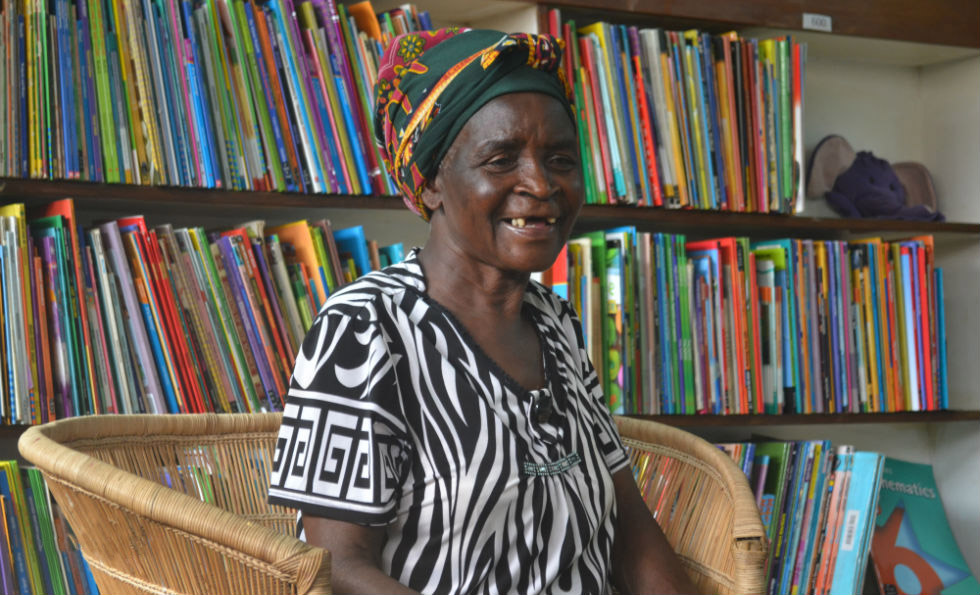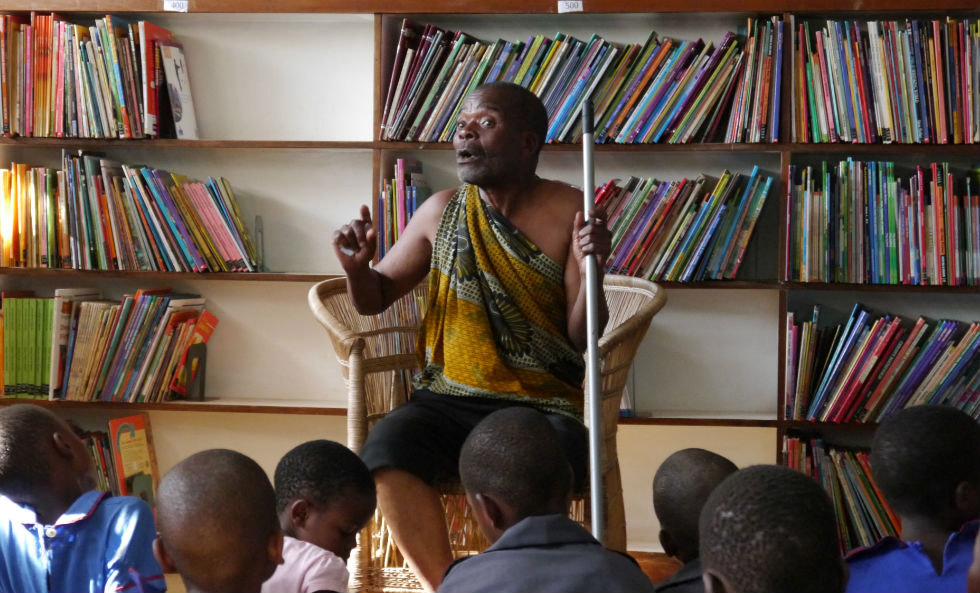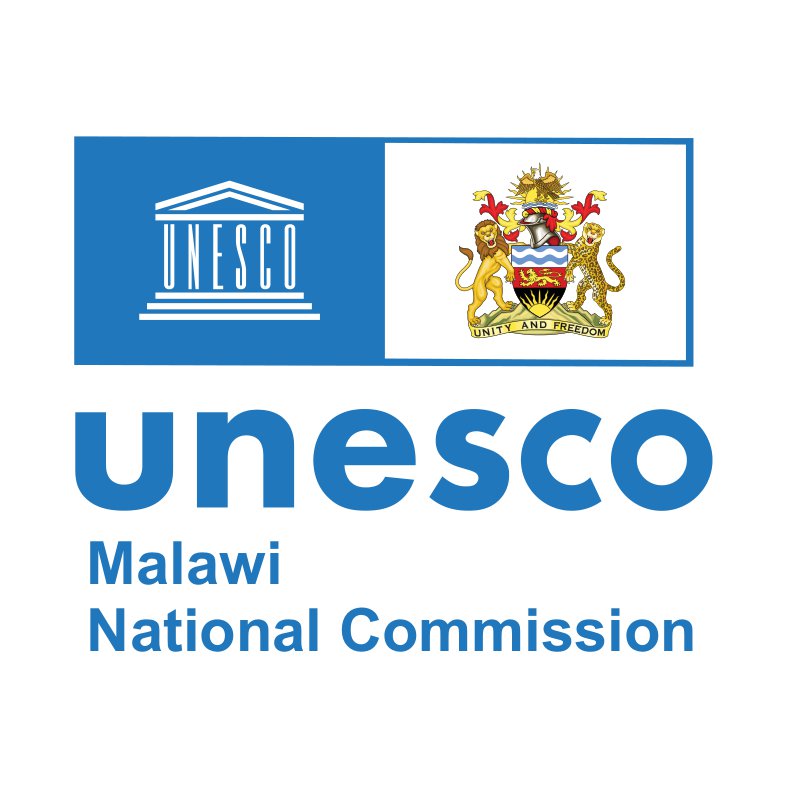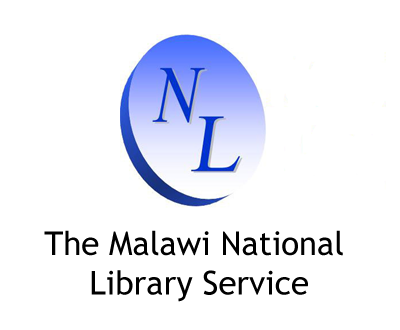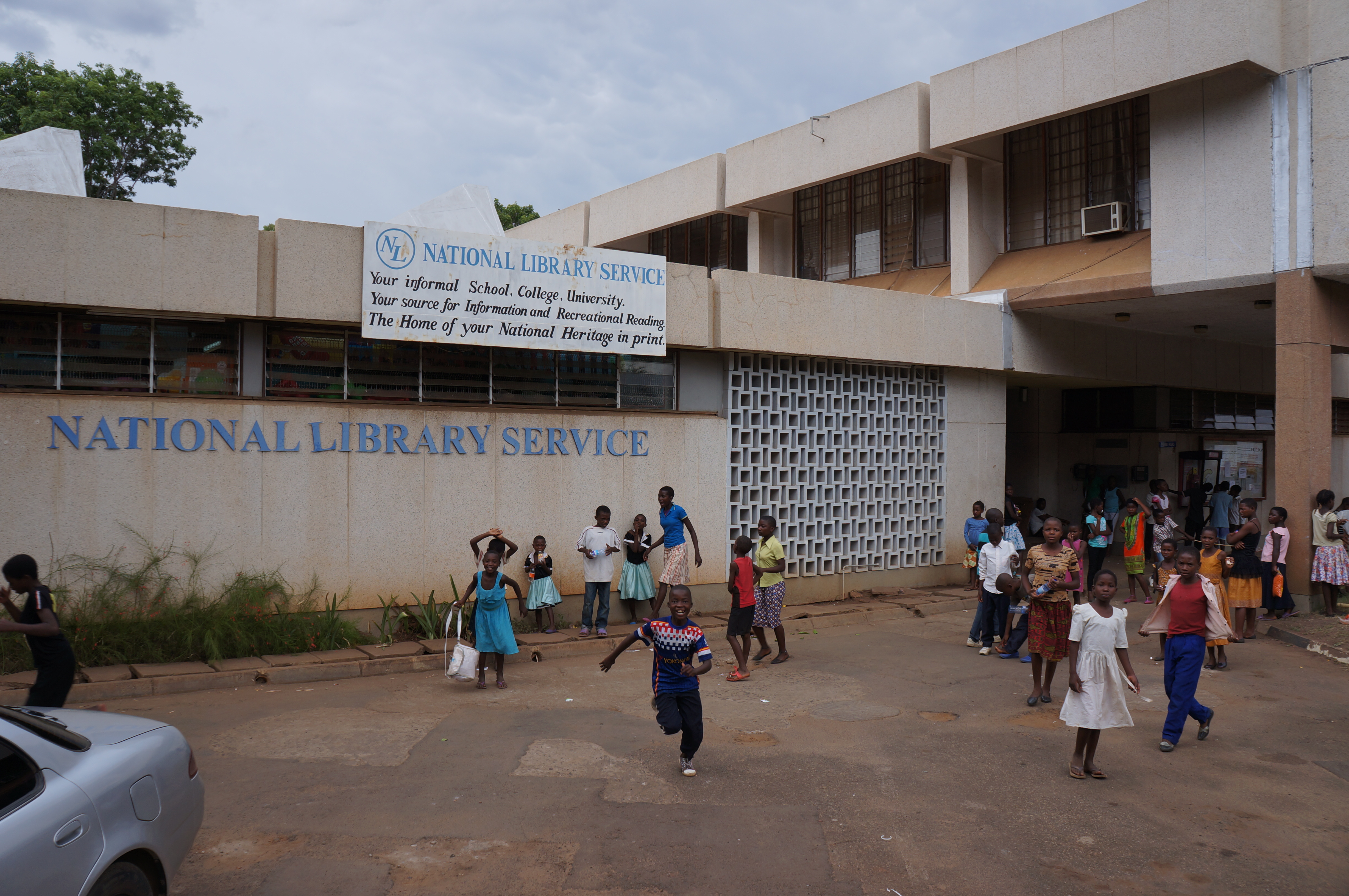
Storytelling time in Lilongwe and beyond
March 2015 - present
Malawi
Excited children outside the National Library Services Headquarters in Lilongwe, Malawi's capital city.
Storytelling time in Lilongwe and beyond
March 2015 - present
Malawi
In 2011 Malawi National Commission for UNESCO (MNCU) and Rei Foundation embarked on a nationwide mission to collect recordings of traditional folktales from several ethnic groups, all over Malawi. One of the project’s goals was to make the resource available to children, and so we collaborated with the MNCU and the National Library Service to bring weekly storytelling sessions to the library headquarters in Lilongwe.
Traditional storytelling in Malawi passes on commonly held themes and social values, as well as concepts that may be unique to villages, ethnic groups or regions. Listening to and engaging with folktales, young learners embark on a journey of imagination, gaining knowledge and a renewed sense of cultural identity along the way. Malawian storytelling is interactive, with a call and response format; children do not simply watch and listen passively, they become part of the story, playing key roles or providing a rhythm for the storyteller to play off.
Traditional storytelling in Malawi passes on commonly held themes and social values, as well as concepts that may be unique to villages, ethnic groups or regions. Listening to and engaging with folktales, young learners embark on a journey of imagination, gaining knowledge and a renewed sense of cultural identity along the way. Malawian storytelling is interactive, with a call and response format; children do not simply watch and listen passively, they become part of the story, playing key roles or providing a rhythm for the storyteller to play off.
The community storytellers have access to the database of over 250 folktales; they are able to select stories from the database to tell each week. The free storytelling sessions are open to all children, and have been happening each Saturday since 2015. Originally it was hoped that each session would involve around 15 children, but in fact these storytelling events have attracted groups of up to 200 children. This is an amazing achievement, and a testament to the talent of the storytellers and the commitment and hard work of the MNCU and National Library Service staff involved in the project.
An unexpected bonus outcome of this project has been the greatly increased numbers of children spending time in the library before and after the sessions and the recognition from parents that the library is a safe community space for their families.
An unexpected bonus outcome of this project has been the greatly increased numbers of children spending time in the library before and after the sessions and the recognition from parents that the library is a safe community space for their families.
Rei Foundation began supporting this project as a one-year pilot initiative, and its subsequent success has meant we have continued our involvement, with the National Library Service taking on a larger role going forward. Looking at the popularity of the project among local children, plans are underway to expand and introduce the concept to more libraries and community spaces within Lilongwe along with the main National Library in Blantyre, the commercial capital of Malawi. Schools and community-based childcare centres have also expressed interest in bringing the project to them.
There is a planned online cultural database that will showcase recordings of folktales and profiles of local storytellers around the country available for sessions. It is envisioned that this website will make it easier for institutions to plan their own storytelling sessions, with MNCU and the National Library Service offering additional technical and planning assistance if required. These new initiatives will further enliven the practice of storytelling in Malawi.
It is clear that traditional Malawian storytelling is alive and well.
It is clear that traditional Malawian storytelling is alive and well.
Return to Projects




